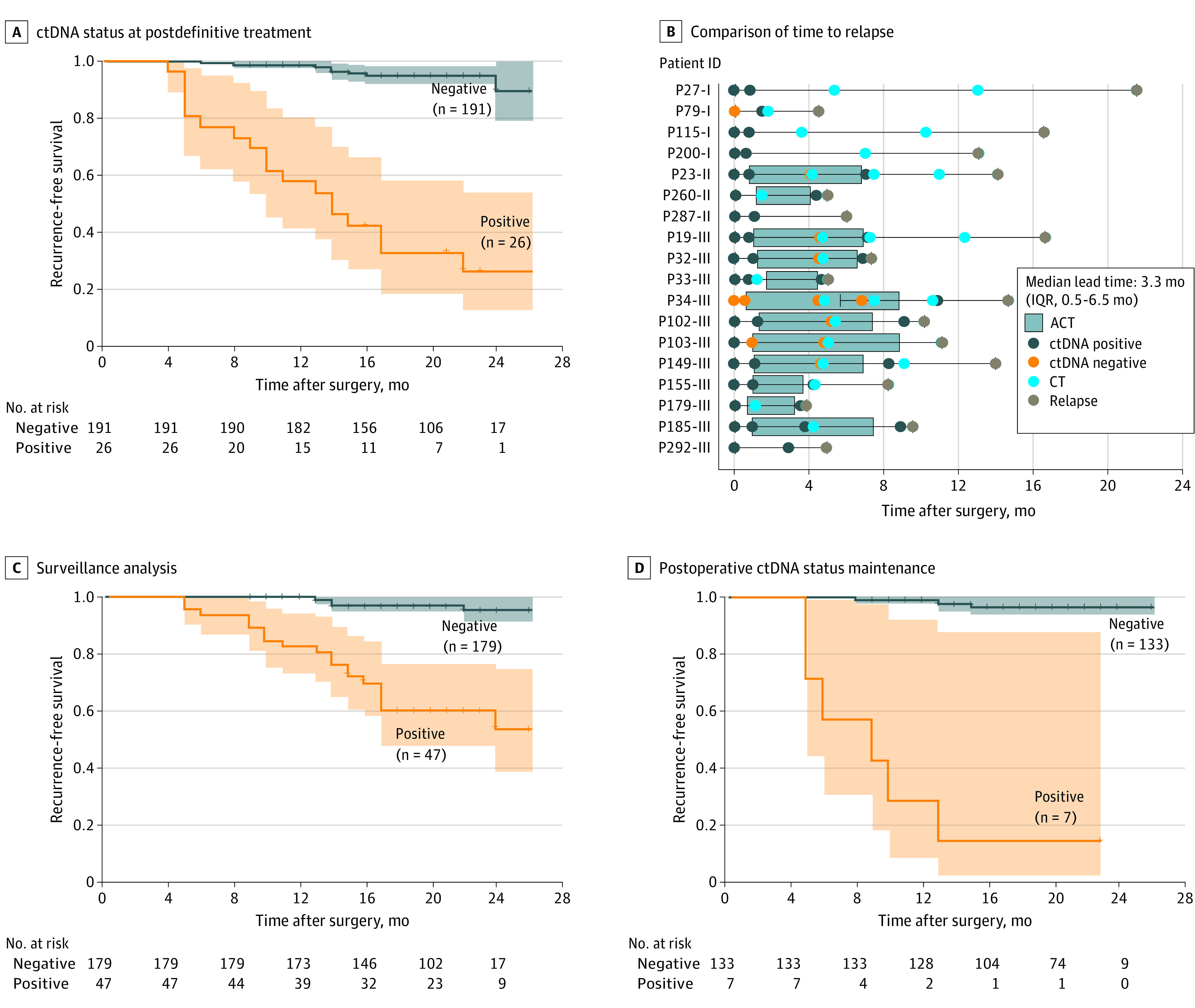Figure 3. Longitudinal Circulating Tumor DNA (ctDNA) Analysis for Detecting Colorectal Cancer Recurrence.

A, Kaplan-Meier estimates of recurrence-free survival (RFS) for patients who completed definitive treatment (surgery and adjuvant chemotherapy [ACT]), stratified by the first time point at postdefinitive treatment ctDNA status. After curative treatment, ctDNA positivity was associated with a strikingly reduced RFS compared with ctDNA negativity (hazard ratio [HR], 20.6; 95% CI, 9.5-44.9; P < .001). P value was determined by the log-rank test. B, Comparison of time to relapse by ctDNA status at postdefinitive-treatment and standard-of-care computed tomography (CT). ID indicates identification. C, Kaplan-Meier estimates of RFS for patients during surveillance, stratified by the longitudinal ctDNA status. A patient was classified as testing positive if there was at least 1 positive ctDNA test result. An inferior prognosis was associated with patients with ctDNA-positive results at any point (HR, 13.5; 95% CI, 5.4-33.8; P < .001). P value was determined by the log-rank test. D, Kaplan-Meier estimates of RFS stratified by ctDNA status in blood samples obtained after surgery. A patient was classified as testing positive (or negative) if all plasma samples were ctDNA positive (or negative). The ctDNA status maintenance indicated that ctDNA-positive patients had a significantly shorter RFS than ctDNA-negative patients (HR, 68.8; 95% CI, 18.4-257.7; P < .001), indicating a worse prognosis when the residual ctDNA was retained. P value was determined by the log-rank test. Shaded areas indicate 95% CIs.
